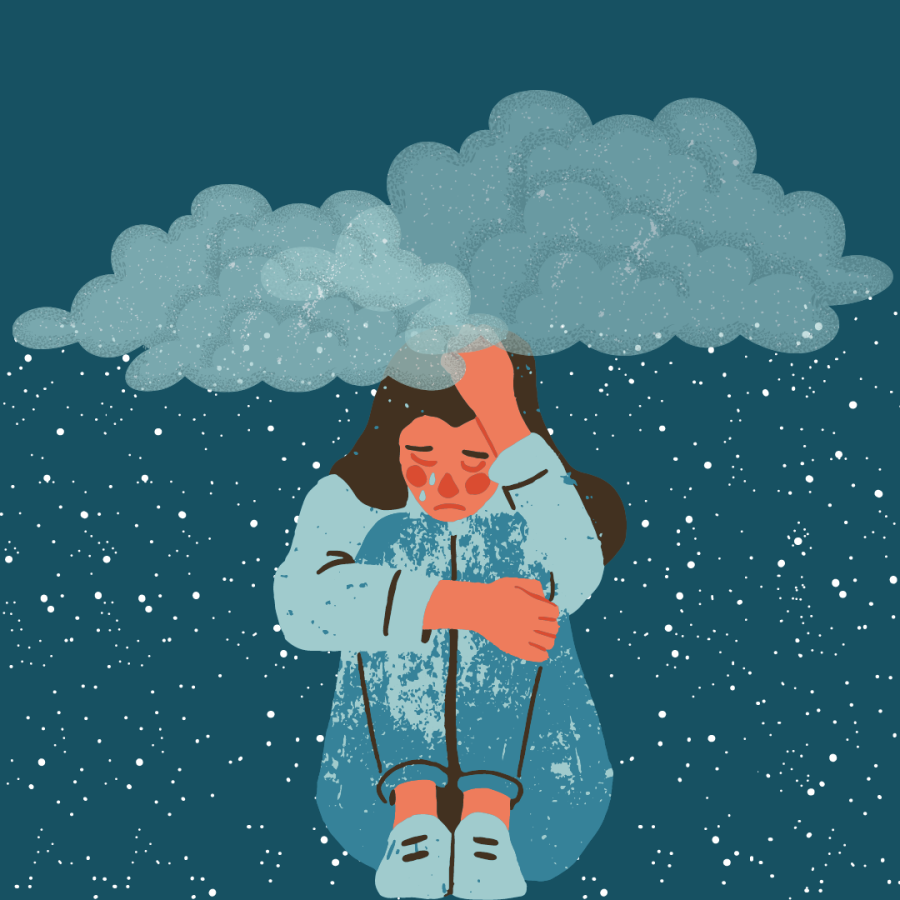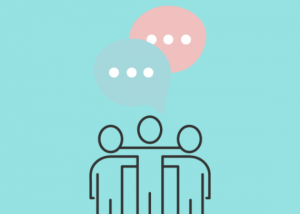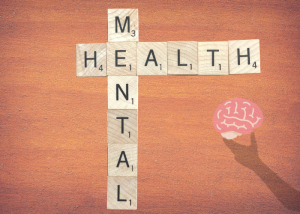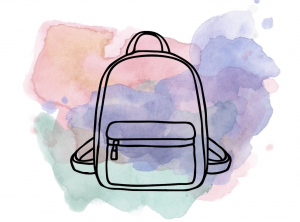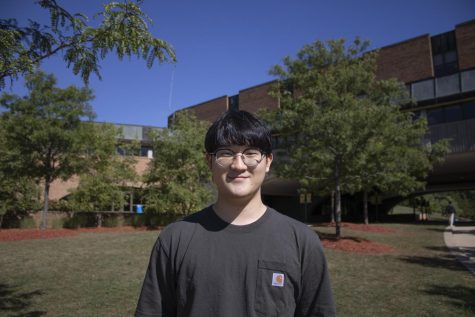Seasonal depression: It’s more common than you think
According to Mayo Clinic, there are over three million cases of seasonal depression (SAD) each year.
February 19, 2022
After a long, hot summer, fall is finally here. While many students are excited to finish their first quarter of the school year and greet the Thanksgiving break, there are also students who feel unusually depressed and tired throughout this period.
This cyclical mental condition during the changing season of the year is called the seasonal affective disorder or, more commonly, the seasonal depression. If you are going through this and wondering why you feel that way, it is something very natural and there are ways to overcome it.
According to a survey done by the Mayo Clinic, seasonal affective depression, abbreviated as SAD, is a very common mental disorder in the US with more than three million cases a year. Common symptoms listed in Everyday Health include feelings of depression in a seasonal pattern, having tiredness or low in energy, loss in interest in physical activities, changes in appetite or weight gain, and excessive sleepiness.
If that many Americans are going through this condition, what would be the definite cause? In fact, any seasonal transitions and changes in the environment can factor into one’s mental health. Most common causes include the shortening sunlight of the day, sudden drop of temperature as well as reduced social activity.
Gabriela Cora, a psychiatrist as well as the medical director of the organization Aetna said “During the summer, we go outside more, eat more fruits and vegetables. When it’s getting colder and darker, our habits change. Sleep patterns change. People may gain a little weight.”
When people get relatively less active, there is less chance for them to release stress through physical activities. Continuous accumulation of stress and spending unproductive use of time often results in one losing their ability to manage anxiety as well as proceeding to long term depression if it worsens.
The good news is, there are solutions to overcome these mental disorders as well as healthy habits to prevent SAD. Our mental health is directly connected to what we consume and absorb as a source of energy. Cora added on to her point saying “Of course, eating a healthy, balanced meal is important.” Also, as winter lacks the sunlight that provides Vitamin D people used to receive during summer, taking supplements to fill missing nutrients in our body can be a way to improve our mental health.
While it is important to import the energy into one’s system, the key is on how well one releases them back out. Our energy is only regained when they are spent regularly in daily life patterns. According to the Hackensack Meridian Health group, staying active and connected with people around one is most important in preventing SAD. Their advice is to set up specific daily routines or schedules that will keep one active throughout the day. Any indoor activity people enjoy can also be a stress reliever, even simple tasks like stretching or cooking.
It is also a good idea to receive a therapy session on reducing sensitivity in the change of environment during transitional periods. This treatment is called Light Therapy. Healthline, a non-profit organization promoting general health, introduces “During a session, you sit near a light box or lamp, which emits bright light. The box or lamp usually mimics natural sunlight.” The bright sunlight replacement affects brain chemicals linked to mood and sleep and ease the symptoms of SAD, mostly on excessive sleepiness.
Despite a large population suffering from SAD, most of them do not acknowledge their condition and let time solve their problems. However, maintaining good mental health should be the top priority, especially for students going through a lot of stress. Remember to eat good food, sleep well, exercise regularly and stay connected. Your mental health matters a lot.



